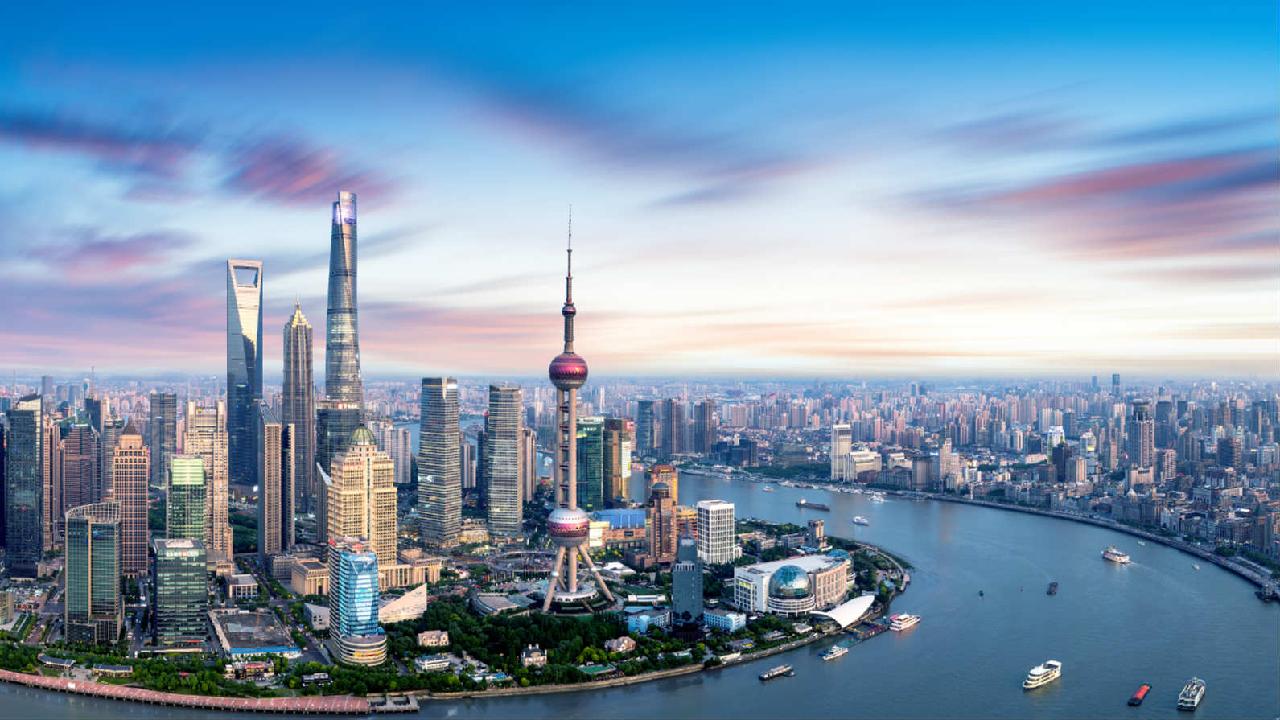China is luring foreign investors to China in the greatest Ponzi Scheme of all time. China promises stability in the China economy, that the Chinese Communist Party will step in if anything goes wrong in the Chinese economy. Stock market crash? US China tensions and trade war? No problem, the government will sort it out. And that lures investors into a false sense of security as they prop up the China economy and the CCP, and encourage others to do the same. But in the end, these investors lose out big time.
China Economy: News & Discussion
- Thread starter Rage
- Start date
More options
Who Replied?- Joined
- Apr 25, 2020
- Messages
- 3,879
- Likes
- 1,248
2028?

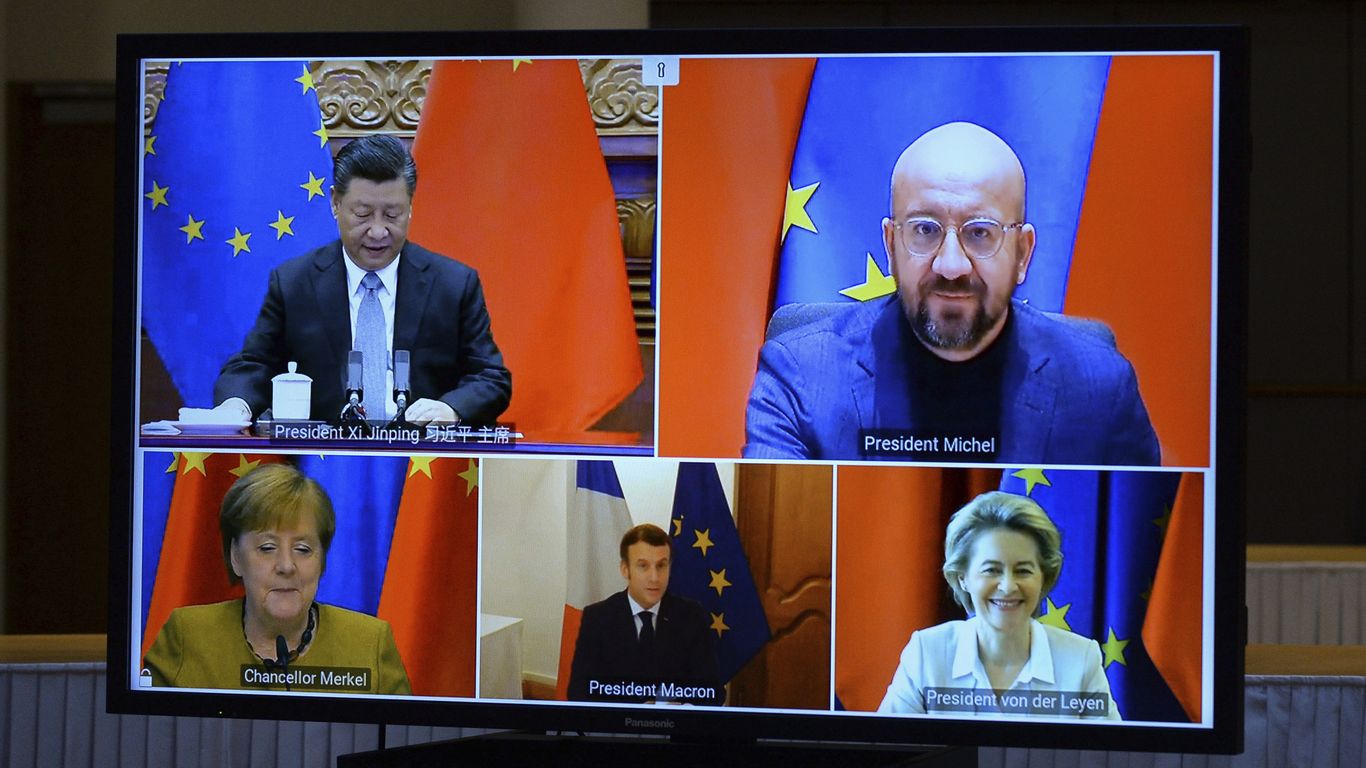
EU strikes investment deal with China despite forced labor concerns
The deal had met resistance from within the EU and the incoming Biden administration.
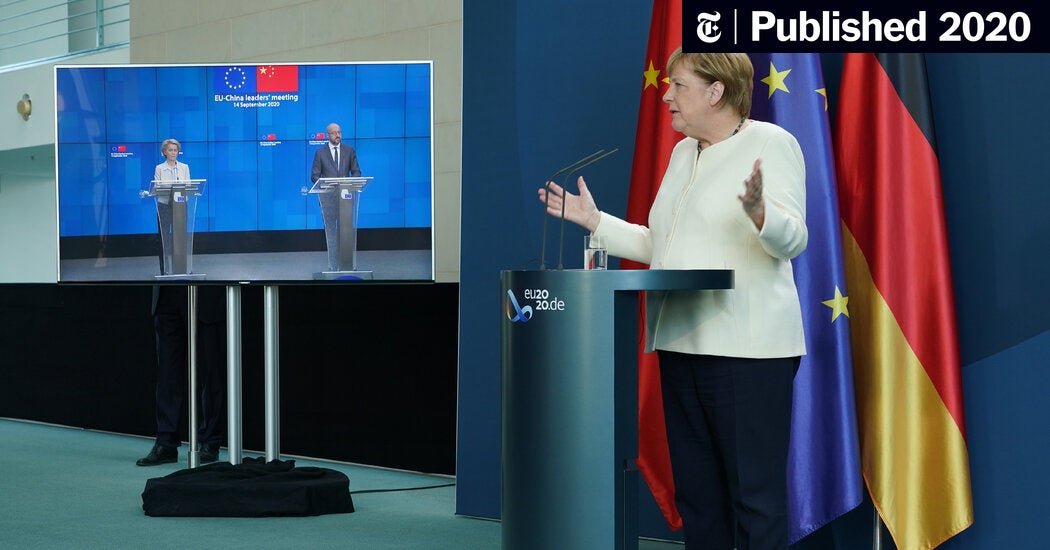
China and E.U. Leaders Strike Investment Deal, but Political Hurdles Await (Published 2020)
The agreement, which would roll back restrictions on investment, faces some opposition in Europe and objections from the Biden camp.
Despite the agreement’s provisions on forced labor, Chinese officials have repeatedly denied that the country engages in the practice — in Xinjiang or elsewhere — despite evidence to the contrary. The vehemence of those denials raises questions about how China could be expected to honor commitments to protect workers’ rights.
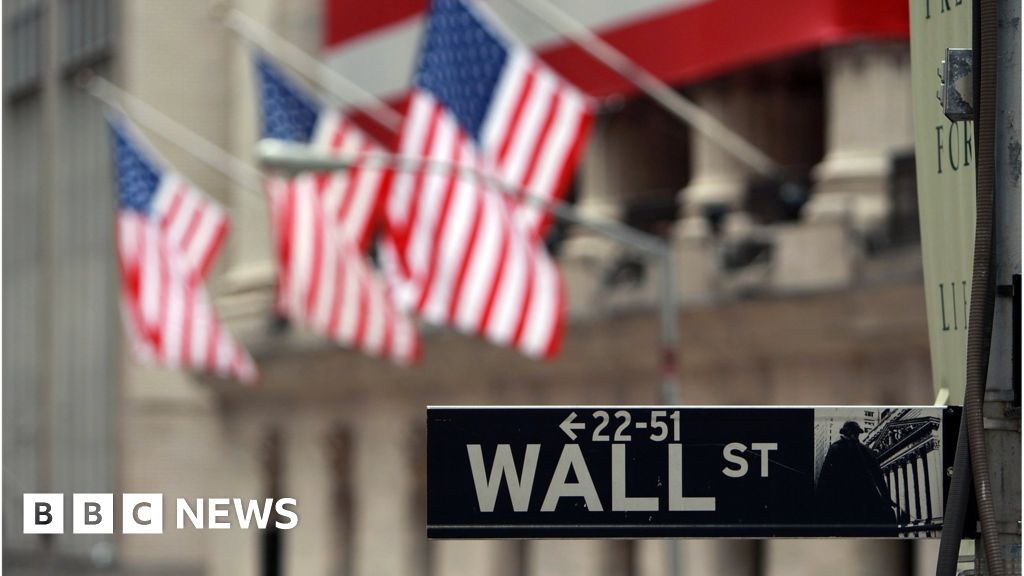
Wall Street to kick out Chinese telecom giants
The New York Stock Exchange will delist the three Chinese companies based on claimed military links.
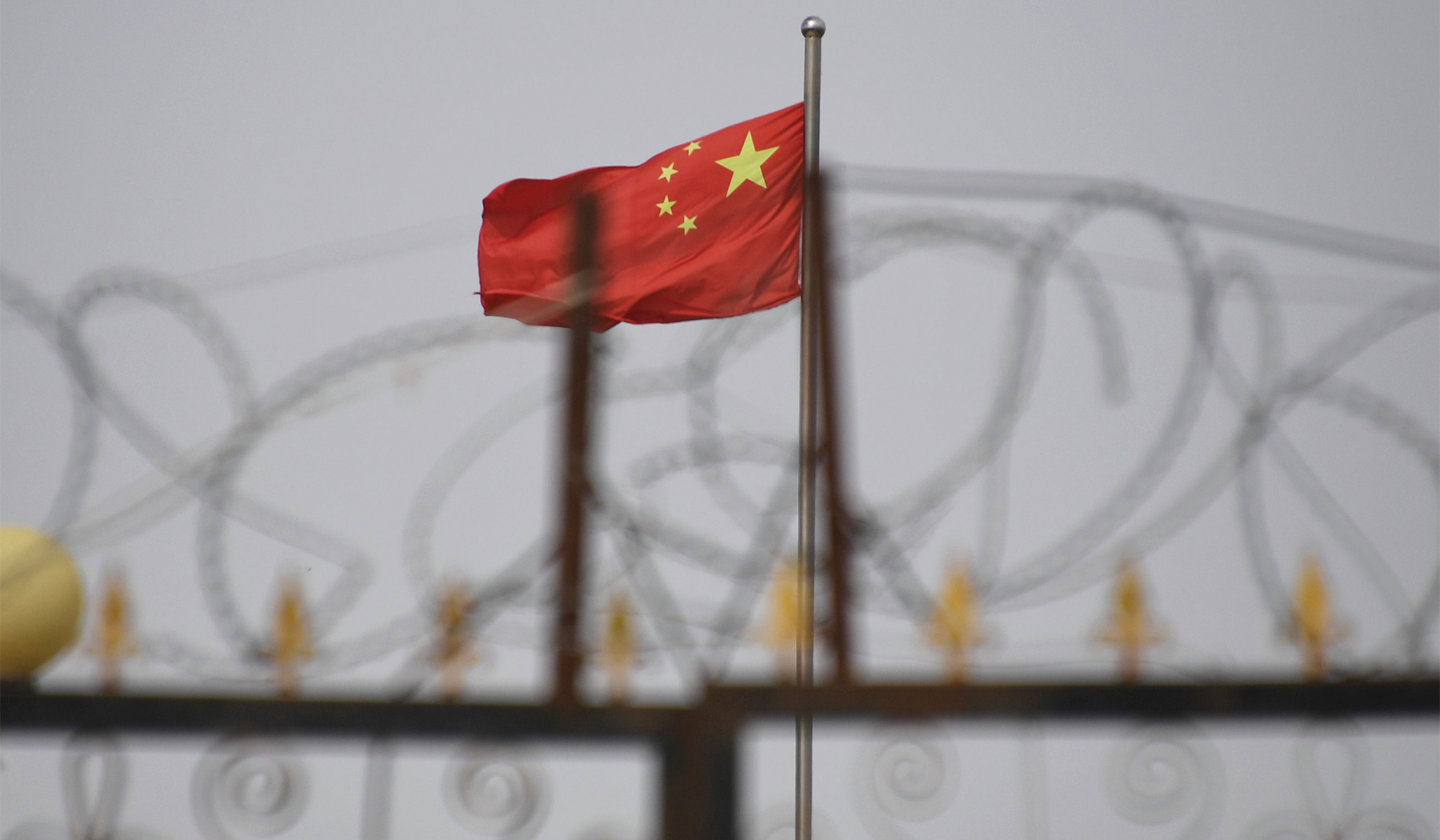
Apple Supplier Charged with Exploiting Uyghur Forced Labor | National Review
If companies pulled up stakes, it would send one hell of a message that slavery is evil and will not be tolerated.
We hear a lot about “reckonings” these days. But surely something has to be done about the atrocious human-rights abuses in China that appear to include slave/forced labor for the benefit of American companies such as Apple.
We have heard these stories before, and now another report is out from the Tech Transparency Project. From the Washington Post story:
Apple says it confirmed that no such thing is happening. How and to what extent? By calling President Xi?One of the oldest and most well-known iPhone suppliers has been accused of using forced Muslim labor in its factories, according to documents uncovered by a human rights group, adding new scrutiny to Apple’s human rights record in China.
The documents, discovered by the Tech Transparency Project and shared exclusively with The Washington Post, detail how thousands of Uighur workers from the predominantly Muslim region of Xinjiang were sent to work for Lens Technology. Lens also supplies Amazon and Tesla, according to its annual report.
Legislation passed the House and is pending in the Senate to deal generally with China’s human-rights abuses — which I wrote about here — and the apparent complicity of American companies. But Big Tech is pouring lobbyists into the breach:
I have written before that the private sector has more power to ameliorate these crimes than governments. Frankly, industry should pull out of China altogether. After all, companies railed against “bathroom bills” that required people to use the public facilities of their biological sex and threatened boycotts and such. Are we to believe they don’t care about China’s true human-rights crimes such as harvesting political prisoner Falun Gong organs for profit?Apple, among other companies, has dispatched lobbyists to Capitol Hill in an effort to water down legislation that would hold U.S. companies accountable for using forced labor from the region. [Tech Transparency Project director Katie] Paul said the alleged use of forced labor in Apple’s supply chain “may explain why the company is lobbying against a bill now before Congress that would sanction companies for their involvement in human rights abuses in China.”
If companies pulled up stakes, it would send one hell of a message that slavery is evil and will not be tolerated, even in the name of maximizing Silicon Valley and NBA profits. Alas, I am not holding my breath.
Nike, Coca-Cola, and Apple reportedly lobbied to weaken a bill aimed at preventing them from manufacturing products in China using forced Uighur labor
The bipartisan-supported proposed bill would ban US companies from importing goods made in Xinjiang unless they can prove forced labor wasn't used.
- Nike, Coca-Cola, and Apple were among the companies that lobbied to weaken a bill aimed at banning US firms from relying on Chinese forced labor, The New York Times reported Sunday.
- HSBC, American Apparel, and several industry groups also lobbied on the bill, which would ban many goods imported from Xinjiang unless companies prove they weren't made with forced labor.
- The Uyghur Forced Labor Prevention Act, as it's called, passed the House in September by a 406-3 margin, and according to The New York Times, has the support needed to pass the Senate.
- Various reports have linked Nike, Coca-Cola, Apple, and other major US companies to suppliers in the region, where China has been accused of detaining and violating the rights of as many as one million Uighurs and other Muslim minorities.
The Uyghur Forced Labor Prevention Act would ban US companies from importing a wide range of goods made in Xinjiang, where China has been accused of mass human rights violations unless companies can prove that the goods weren't made using forced labor.
The bill passed the House in September by a margin of 406 to 3, and aides told The Times that it has enough support to pass the Senate.
Other companies and trade groups, including HSBC, American Apparel, the National Retail Federation, and the US Chamber of Commerce also lobbied on the bill, according to lobbying disclosure forms.
None of the above organizations responded to a request for comment on this story.
Apple took issue with the claim that it tried to water down the bill in a statement to The Times.
Nike's global communications director, Greg Rossiter, told The Times that the company "did not lobby against" the bill but rather had "constructive discussions" with congressional staffers.
Coca-Cola told The Times in a statement that it "strictly prohibits any type of forced labor in our supply chain."
The US Chamber of Commerce declined to comment to The Times. It instead referred it to a letter it and other groups wrote in November, saying they supported addressing forced labor.
Human rights groups, media reports, and other independent researchers have extensively documented China's mass surveillance and detainment of as many as one million Uighurs, Kazakhs, Kyrgyz, and other Muslim minority groups in internment camps, where reports allege they are subjected to torture, sexual abuse, and forced labor for little or no pay.
In March, a report by the Australian Strategic Policy Institute (ASPI), which estimated that 80,000 Uighurs have been forcibly relocated to factories across China, found evidence of forced Uighur labor at four separate factories in Apple's supply chain as well as the supply chains of Nike, BMW, and Amazon.
Also in March, the Congressional-Executive Commission said in a report that Nike and Coca-Cola, as well as major brands such as Adidas, Campbell Soup, Costco, H&M, Kraft Heinz, Patagonia, and Tommy Hilfiger, were suspected of relying on forced Chinese labor.
Nike claimed in a March statement that it "does not source products" from Xinjiang and that it "confirmed with our contract suppliers that they are not using textiles or spun yarn from the region." Nike also told The Times that a factory in Qingdao that makes its shoes stopped using Uighur labor in 2019, though the ASPI report, citing Chinese state media, found that 800 Uighurs were still forced to work there as of November 2019.
Coca-Cola told The Times that a COFCO Tunhe plant in Xinjiang — that The Wall Street Journal reported last year was using forced labor — passed an independent audit in 2019 as well.
Amid growing bipartisan support for punishing China over the alleged human rights abuses, as well as holding companies accountable for exploiting it, US lawmakers introduced the Uyghur Forced Labor Prevention Act earlier this year. The bill could force companies — especially those with substantial supply chains in China, such as Nike, Coca-Cola, and Apple — to make major changes to how and where they manufacture their products, and is viewed as having more teeth than current laws.
In response, many companies have sought to weaken the disclosure and compliance requirements proposed in the bill.
The Washington Post reported earlier this month that Apple had lobbied against the bill, and according to The Times, the tech giant pushed for longer deadlines to reach compliance, less disclosure to the general public, and putting more onus on the US government to assess whether Chinese entities are complicit in the oppression of Muslims.
Apple, Nike, and Coca-Cola have over the years been accused by human rights groups of a variety of labor abuses and worker exploitation, particularly in China. They have also made various pledges and taken some steps to address that criticism.
Monitoring that, however, has become difficult. Five major auditing groups hired by Western firms told The Wall Street Journal in September that they are no longer carrying out supply chain inspections in China because restrictions imposed by government officials have made it too difficult to effectively and independently evaluate working conditions in the country.
This is why the only way to end the slavery, oppression and exploitation of Uyghurs and other victims of forced labor practices in China is for industry to pull out of China altogether.
Last edited:
rockdog
Senior Member
- Joined
- Dec 29, 2010
- Messages
- 4,069
- Likes
- 2,943
EU-China investment deal done and dusted
The EU-China investment deal is a major step towards negotiations on a free-trade agreement. But it also leaves the incoming Biden administration with a headache over US-China relations in the post-Trump era.
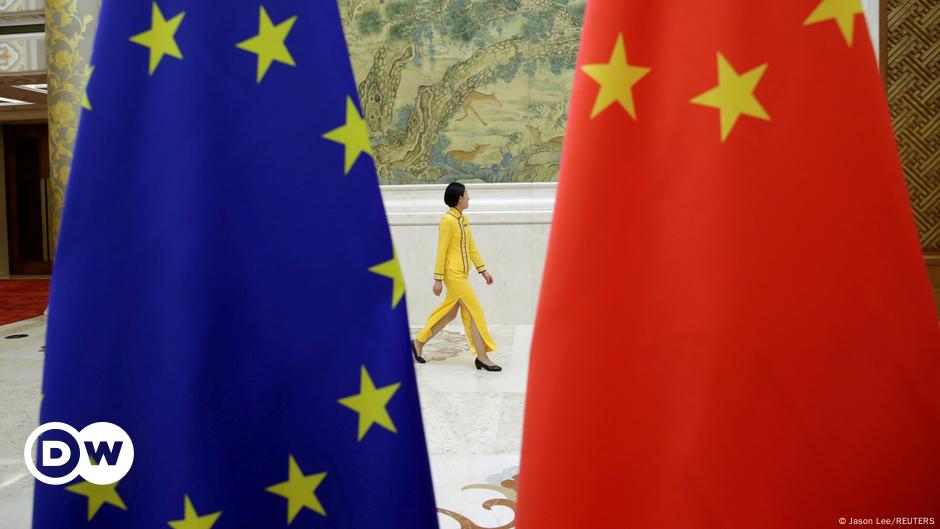
 www.dw.com
www.dw.com
The EU-China investment deal is a major step towards negotiations on a free-trade agreement. But it also leaves the incoming Biden administration with a headache over US-China relations in the post-Trump era.

EU-China investment deal done and dusted – DW – 12/29/2020
The EU-China investment deal is a major step towards negotiations on a free-trade agreement. But it also leaves the incoming Biden administration with a headache over US-China relations in the post-Trump era.
rockdog
Senior Member
- Joined
- Dec 29, 2010
- Messages
- 4,069
- Likes
- 2,943
BREAKING : US Stock Exchanges to Delist Chinese Oil Majors and Telecom Giants with Links to China's Military
Un-breaking:BREAKING : Investors Stay Away from Investing In Chinese Stocks. Chinese Stocks Waiting For A Steep Crash
NYSE reverses plan to delist Chinese telecoms groups

Apple, Nike and other big brands linked to forced labour in China, according to ASPI | ABC News
According to research conducted by the Australian Strategic Policy Institute, tens of thousands of Uyghurs and other ethnic minorities are being dispatched from a network of detention camps in far northwestern China to work in factories that produce clothes, technology and automotive parts for some of the biggest brands in the world. Canberra-based ASPI has been examining the supply chains of scores of global companies including Apple, BMW, Nike and Sony. It reports that 80,000 Uyghur workers were transferred out of Xinjiang between 2017 and 2019, claiming that people are being effectively "bought" and "sold" by local governments and commercial brokers.
The only way to end the slavery, oppression and exploitation of Uyghurs and other victims of forced labor practices in China is for international corporations to pull out of China altogether.
According to research conducted by the Australian Strategic Policy Institute, tens of thousands of Uyghurs and other ethnic minorities are being dispatched from a network of detention camps in far northwestern China to work in factories that produce clothes, technology and automotive parts for some of the biggest brands in the world. Canberra-based ASPI has been examining the supply chains of scores of global companies including Apple, BMW, Nike and Sony. It reports that 80,000 Uyghur workers were transferred out of Xinjiang between 2017 and 2019, claiming that people are being effectively "bought" and "sold" by local governments and commercial brokers.
The only way to end the slavery, oppression and exploitation of Uyghurs and other victims of forced labor practices in China is for international corporations to pull out of China altogether.
A new China EU trade deal has shocked the world, as the US and human rights defenders criticize the deal pushed forward by German Chancellor Angela Merkel. Even as China violates WTO trade rules, subjugates Hong Kong, and holds concentration camps in Xinjiang for Uyghur Muslims, the EU China deal has no way to hold China or the Chinese Communist Party accountable for human rights violations. Europe's financial deep state loves the deal and the CCP loves the boon to the China economy. But don't worry, we keep it light on this China Unscripted.
rockdog
Senior Member
- Joined
- Dec 29, 2010
- Messages
- 4,069
- Likes
- 2,943
UBS predicts over 8% growth for China's economy in Q1 2021
China's GDP is expected to grow by more than eight percent in the first quarter of 2021, a notable rise from the negative 6.8 percent in the first quarter of this year, an economist from the United Bank of Switzerland (UBS) said in a teleconference on Tuesday.
"China's economy is going through a V-shaped rebound. We predict that China's GDP may turn positive in the second quarter of this year. By the third and fourth quarters, we think that the economy will grow five to six percent, so it will basically return to last year's level," said Hu Yifan, regional CIO and chief China economist at UBS Global Wealth Management.
China's GDP is expected to grow by more than eight percent in the first quarter of 2021, a notable rise from the negative 6.8 percent in the first quarter of this year, an economist from the United Bank of Switzerland (UBS) said in a teleconference on Tuesday.
"China's economy is going through a V-shaped rebound. We predict that China's GDP may turn positive in the second quarter of this year. By the third and fourth quarters, we think that the economy will grow five to six percent, so it will basically return to last year's level," said Hu Yifan, regional CIO and chief China economist at UBS Global Wealth Management.
Breaking again:
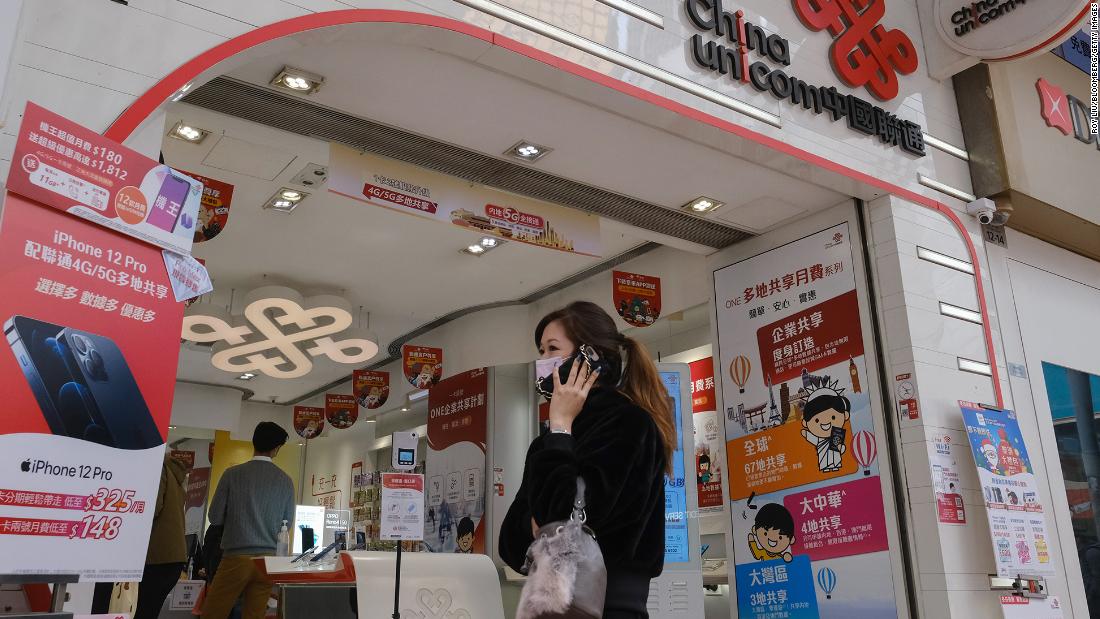
 www.cnn.com
www.cnn.com

NYSE bans Chinese telecom stocks in second about-face of the week
The New York Stock Exchange will delist three Chinese telecommunications stocks to comply with an executive order from the Trump administration — its second about-face on the issue this week.
The exchange first announced last week that it would bar shares of China Mobile, China Telecom and China Unicom. But it reversed course on Monday, citing "further consultation with relevant regulatory authorities."
By Wednesday, the exchange had reverted to its original position, citing "new specific guidance" from the US Treasury Department that was delivered on Tuesday.

China debt fears grow amid wave of corporate defaults
Beijing wants to cut risk and end notion that state will always rescue investors




US bans cotton from China's Xinjiang region over 'slave labor'
Beijing hits back by calling Washington's claim against grower XPCC 'false news'
WSJ News Exclusive | U.S. Weighs Adding Alibaba, Tencent to China Stock Ban
Federal officials have discussed expanding a blacklist of companies off limits to U.S. investments over concerns about ties to Chinese authorities.
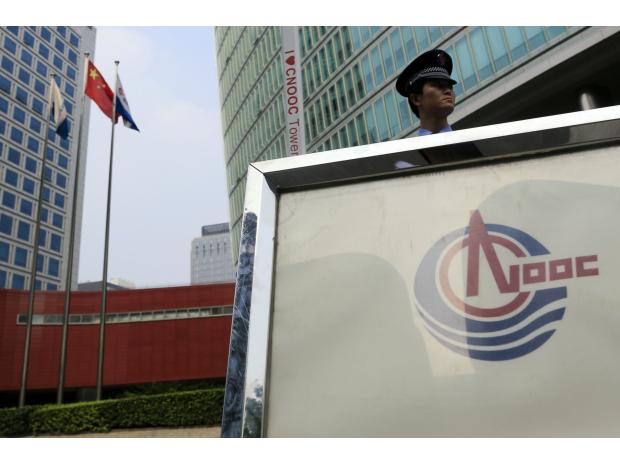
China oil majors may be US target after delisting of telecom firms
US President Donald Trump signed an order in November barring American investments in Chinese firms owned or controlled by the military
Latest Replies
-
Failed Terrorist State of Pakistan: Idiotic Musings
- The Juggernaut
-
Indian Economy: News and Discussion
- Blademaster
-
Indian Special Forces
- Kumaoni
-
Russia Ukraine War 2022
- Blademaster
-
China Economy: News & Discussion
- MiG-29SMT
-
Indian Navy Developments & Discussions
- Smoothbore125mm
-
Small arms and Light Weapons
- VictorDelta4
Global Defence
-
Small arms and Light Weapons
- VictorDelta4
-
Turkish defense industry news updates
- mamamia12
-
Aircraft Crash Notification
- vishnugupt
-
Drone swarms -India
- LETHALFORCE
-
F-35 Joint Strike Fighter
- blackjack
-
World Military/Paramilitary/Special Forces
- airborneCommando
-
New Naval Technology
- Blademaster
-
F-16 Viper
- MiG-29SMT
New threads
-
World Chess Championship 2024
- SwordOfDarkness
- Replies: 4
-
Chinese Lunar Exploration Program
- skywatcher
- Replies: 0
Articles
-
India Strikes Back: Operation Snow Leopard - Part 1
- mist_consecutive
- Replies: 9
-
Aftermath Galwan : Who holds the fort ?
- mist_consecutive
- Replies: 33
-
The Terrible Cost of Presidential Racism(Nixon & Kissinger towards India).
- ezsasa
- Replies: 40
-
Modern BVR Air Combat - Part 2
- mist_consecutive
- Replies: 22
-
Civil & Military Bureaucracy and related discussions
- daya
- Replies: 32

